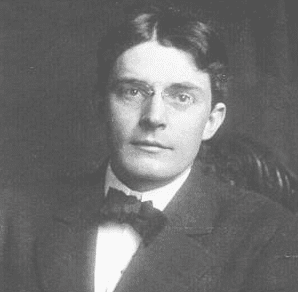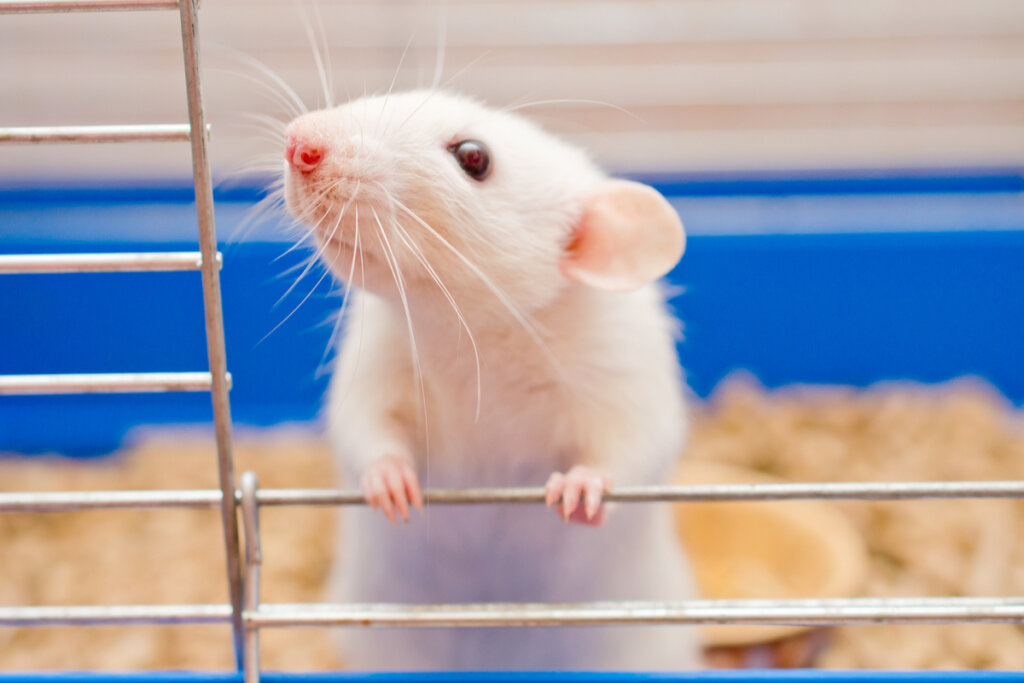John B. Watson, Biography of the Father of Behaviorism

John B. Watson remains one of the most important figures in the entire history of psychology. In fact, he’s considered the creator of the behavioral school and was one of the decisive researchers in the study of the human mind. Although his name hasn’t escaped controversy, his contributions to psychology are undeniable.
Many consider John B. Watson’s article, Psychology as the Behaviorist Views It as the foundational work of behaviorism. Indeed, he was one of the three great pillars of that school. Other members were Ivan Pavlov, father of classical conditioning, and B.F. Skinner, father of operant conditioning.
However, it was John B. Watson who really made behaviorism popular. In fact, although Pavlov and Skinner were stronger theorists than he, Watson possessed a better ability to communicate. He was responsible for the transmission of the idea of behaviorism in the second and third decades of the twentieth century.
“Men are built, not born… Give me the baby, and I’ll make it climb and use its hands in constructing buildings of stone or wood…. I’ll make it a thief, a gunman, or a dope fiend. The possibilities of shaping in any direction are almost endless.”
-John B. Watson-

The life of John B. Watson
John B. Watson was born in Travelers Rest, South Carolina (United States), on January 9, 1878. His father, Pickens Butler Watson, suffered from alcoholism and left the family to set up a new home with two Indian women. His mother, Emma Kesiah Watson, was deeply religious and, undoubtedly, her husband’s departure strengthened her convictions.
Emma wanted to train her son in strict asceticism. She forbade him to smoke, drink, and dance. In fact, she christened her son John because a Baptist minister she admired had that name. Her hope was that, with the same name, her young son would also inherit a love of preaching.
As a matter of fact, the opposite happened. For one thing, little John never forgave his father for abandoning him. He even experienced behavioral problems after his father’s departure, to the point where he was arrested. On the other hand, the strong restrictions imposed by his mother only generated a strong aversion to anything that sounded remotely religious. Indeed, in his adult life, he became an atheist.
Vocational training
John B. Watson first studied at Furman University, earning his BA at the age of 21. Later, he did his postgraduate degree at the University of Chicago, where he began an interesting investigation on the learning processes of the white rat. In fact, his doctoral thesis, which he presented at the age of 25, dealt with this topic.
Watson became the youngest student to earn a Ph.D. from the University of Chicago. The heads of the department were impressed by his studies and decided to hire him as an assistant professor. After four years, he went to work at Johns Hopkins University. In fact, more by chance than merit, he ended up becoming the editor of the prestigious Psychological Review.
It was in that magazine that he published the founding work of behaviorism, in 1913. Just a year later, he was appointed president of the American Psychological Association (APA). However, after a scandal over a clandestine romance, John B. Watson left the academy and went into publicity. Nonetheless, almost all of his works are considered genuine classics in the field of psychology.

A scandalous life
The life of John B. Watson, which ended in New York on September 25, 1958, was surrounded by scandal. He married Mary Ickes before completing his doctorate. They had two children who they named John and Mary, after themselves.
Later in life, his daughter, Mary attempted suicide. Her daughter, Mariette, suffered from psychological disorders. She attributed them to the fact that she was brought up according to her grandfather’s guidelines.
When Watson went to work at John Hopkins, he began an affair with an assistant named Rosalie Rayner. It was with her that he conducted the famous and controversial little Albert experiment. However, his wife discovered correspondence from the psychologist to his lover and made it public. Consequently, the university asked Watson to leave. After this, he divorced and married his assistant. In part, he was repeating the story of his father.
With Rosalie, he had two other children, whom he raised following the principles of behaviorism. When she died in 1935, John B. Watson retired to a Connecticut farm, dedicating himself to fieldwork. There, he spent his last years. One of the sons from his second marriage, William, became a psychiatrist and later committed suicide in 1963.
All cited sources were thoroughly reviewed by our team to ensure their quality, reliability, currency, and validity. The bibliography of this article was considered reliable and of academic or scientific accuracy.
- Ribes, E. (1995). John B. Watson: el conductismo y la fundación de una Psicología científica. Acta comportamentalia: revista latina de análisis del comportamiento, 3(3).
This text is provided for informational purposes only and does not replace consultation with a professional. If in doubt, consult your specialist.








